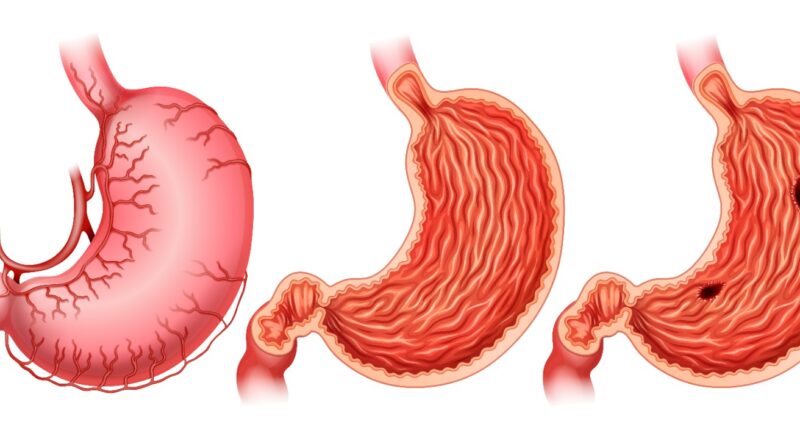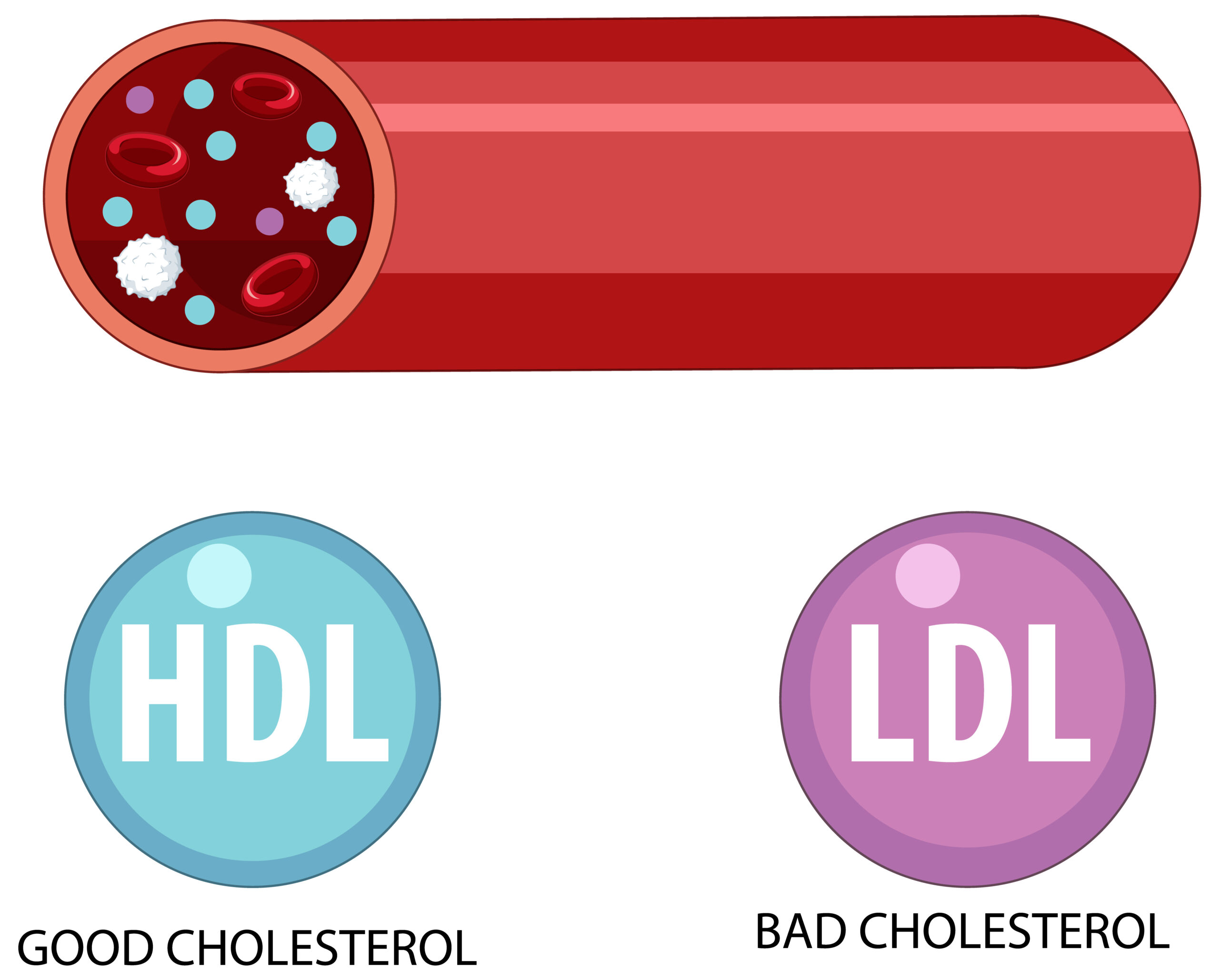Ulcers are painful sores that can develop in various parts of the digestive system, most commonly in the stomach lining (gastric ulcers) or the upper part of the small intestine (duodenal ulcers). They can cause significant discomfort and, if left untreated, may lead to serious health complications. This blog aims to provide a comprehensive overview of ulcers, including their causes, symptoms, and treatments.
What Are Ulcers?
Ulcers are open sores that develop on the inner lining of the stomach or the upper part of the small intestine due to the erosion of the protective mucous layer. This erosion allows stomach acid to damage the underlying tissues, leading to the formation of an ulcer. There are two main types of ulcers:
- Gastric Ulcers: These occur on the inside of the stomach.
- Duodenal Ulcers: These occur on the inside of the upper portion of the small intestine (duodenum).

Causes of Ulcers
Several factors can contribute to the development of ulcers, including:
- Helicobacter pylori Infection: This bacterium is a leading cause of ulcers. It damages the mucous layer that protects the stomach and duodenum, allowing acid to create an ulcer.
- Nonsteroidal Anti-Inflammatory Drugs (NSAIDs): Long-term use of NSAIDs like aspirin, ibuprofen, and naproxen can irritate and erode the stomach lining, leading to ulcers.
- Excessive Alcohol Consumption: Alcohol can irritate and erode the mucous lining of the stomach and increase stomach acid production.
- Smoking: Smoking increases stomach acid production and reduces the production of substances that protect the stomach lining.
- Stress: While stress alone is not a direct cause, it can exacerbate existing ulcers and slow the healing process.
- Spicy Foods: Contrary to popular belief, spicy foods do not cause ulcers but can irritate existing ones.
Symptoms of Ulcers
The symptoms of ulcers can vary depending on the location and severity of the ulcer. Common symptoms include:
- Burning Pain: A burning or gnawing pain in the stomach is the most common symptom. This pain may be more noticeable between meals and at night.
- Bloating: Feeling full or bloated even after eating small amounts.
- Heartburn:A burning sensation in the chest, often after eating.
- Nausea and Vomiting: Some people may experience nausea and vomiting, which can sometimes include blood.
- Loss of Appetite: A decrease in appetite and unintentional weight loss.
- Dark Stools: Stools that are dark or black, indicating bleeding in the digestive tract.
Diagnosis of Ulcers
To diagnose an ulcer, a healthcare provider may perform several tests, including:
- Endoscopy: A procedure where a thin, flexible tube with a camera is inserted down the throat to examine the stomach and duodenum.
- Barium X-rays: Drinking a barium solution that coats the digestive tract, makes ulcers more visible on X-rays.
- pylori Tests: Testing for the presence of H. pylori bacteria through blood, stool, or breath tests.
Treatments for Ulcers
Treatment for ulcers aims to reduce symptoms, heal the ulcer, and prevent complications. Common treatments include:
- Medications:
- Proton Pump Inhibitors (PPIs): Reduce stomach acid production and promote healing.
- H2-Receptor Antagonists: Decrease the amount of acid released into the stomach.
- Antacids: Neutralize stomach acid and provide quick pain relief.
- Antibiotics: If H. pylori is present, a combination of antibiotics is prescribed to eradicate the infection.
- Lifestyle Changes:
- Avoid NSAIDs: Use alternative pain relievers like acetaminophen.
- Limit Alcohol and Smoking: Reduce or eliminate alcohol consumption and quit smoking.
- Manage Stress: Incorporate stress-reducing activities such as meditation, yoga, or exercise.
- Dietary Adjustments:
- Eat Smaller, More Frequent Meals: This helps reduce stomach acid production.
- Avoid Irritating Foods: Limit spicy, acidic, or fatty foods that can aggravate symptoms.

Prevention of Ulcers
Preventing ulcers involves managing risk factors and maintaining a healthy lifestyle. Key prevention strategies include:
- Avoiding NSAIDs: Use these medications sparingly and under a doctor’s guidance.
- Limiting Alcohol: Drink in moderation or abstain altogether.
- Quitting Smoking: Seek support to stop smoking.
- Managing Stress: Practice relaxation techniques and maintain a balanced lifestyle.
- Healthy Eating: Follow a balanced diet rich in fruits, vegetables, and whole grains.
Conclusion
Ulcers are a common and painful condition, but with proper diagnosis, treatment, and lifestyle changes, they can be effectively managed and even prevented. Understanding the causes, symptoms, and treatment options is crucial for maintaining digestive health and overall well-being. If you suspect you have an ulcer, seek medical advice promptly to receive appropriate care and avoid complications.









